April 30, 2025 | 14:55 GMT +7
April 30, 2025 | 14:55 GMT +7
Hotline: 0913.378.918
April 30, 2025 | 14:55 GMT +7
Hotline: 0913.378.918
The sun slowly settled down behind the hills stretching from Highway 279 to Quai Cang commune, Tuan Giao district (Dien Bien). Under the macadamia floors higher than a person's head, preparing for harvest in October, Nguyen Manh Yen (Quai Cang commune) remained diligent while pruning branches to create canopy, meticulously observing the ground floor to detect mice.
"Technical staff have given detailed instructions. Mice love to eat macadamia nuts. They can feast on up to 30% of macadamia nut yield, so I visit the garden every day and promptly destroy their hiding place by clearing the fences and bushes in the macadamia growing area," Yen said.
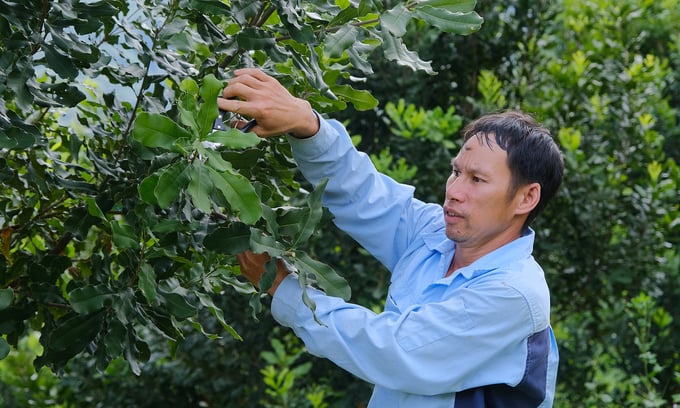
Nguyen Manh Yen (Quai Cang commune) pruning branches to create canopy. Photo: Bao Thang.
Macadamia is a demanding plant, but the soil and climate conditions in the Northwest seem to make a good match. In order to have a healthy, disease-free macadamia tree with the expected fruit quality, Yen was noted from the selection of varieties to planting density. The favorable density is from 205 to 280 trees/ha for normal planting. If it’s intercropping, macadamia needs to keep a density of about 124 trees/ha (9 x 9 m distance) or 138 trees/ha (12 x 6 m distance) when growing with coffee, 124 plants/ha (9 x 9m distance) with pepper, and 111 plants/ha with tea.
Yen knows the techniques “by heart”, and thus he grows macadamia nuts like an expert. "In the North, it is best to plant macadamia in spring. It is necessary to pay attention to handling vegetation, preparing the soil, and clearing the whole area before planting to reduce weeds, pests and diseases and to avoid competition for nutrients. In addition, the soil must be hoeed or plowed thoroughly and weeded 1.5-2m2 around the dug areas. Large roots (over 2cm) must be removed. For places where the land is sloping (about 20 degrees), it is recommended to make stairs along the contour line with the width from 2 to 4 m."
According to Dien Bien Department of Agriculture and Rural Development, the net planted area accounts for nearly 90% of the nearly 4,000 ha of macadamia in the province. The planted areas are concentrated mainly in the districts of Tuan Giao, Dien Bien, Muong Nhe, Dien Bien Dong, Muong Ang and Dien Bien Phu city.
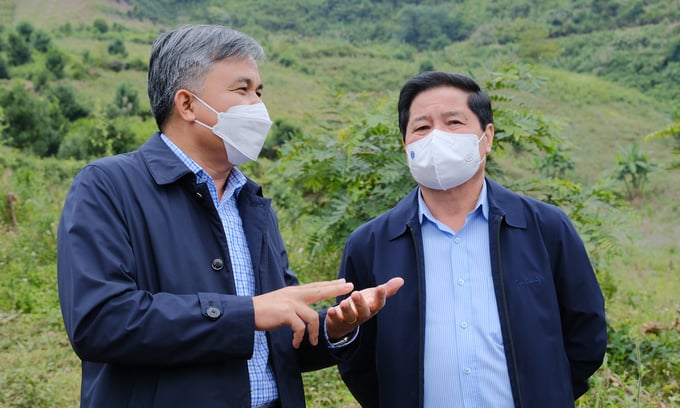
Deputy Minister of Agriculture and Rural Development Le Quoc Doanh (right) listens to Vice Chairman of Dien Bien Provincial People's Committee Lo Van Tien sharing about the province’s macadamia production in early November 2021. Photo: Bao Thang.
At Tuan Giao, where about 1,400 ha of macadamia are grown, Vice Chairman of the District People's Committee Pham Thi Tuyen said that there were many forms of linkage between businesses and people in this land. Accordingly, after signing the contract, companies pay the people (land contributors) an amount of money to support occupation change when there is no product in the first five years. In addition, companies commit to recruiting regular workers and giving priority to households that contribute land to the company with an income of VND 4-7 million/person/month, creating frequent jobs for about 150 people and more than 500 part-time workers.
“In order to concretize the agricultural sector’s restructuring contents, in 2021 the Department has advised the provincial People's Committee to issue a number of projects and plans to promote the agro-forestry production development,” Bui Minh Hai, Director of Dien Bien Department of Agriculture and Rural Development said.
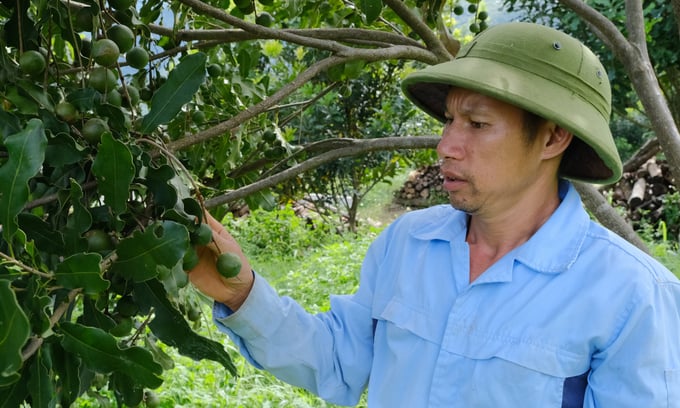
Macadamia has confirmed its position as a high-yield tree suitable for many growing areas in Dien Bien. Photo: Pham Hieu.
After nearly 10 years of restructuring, Dien Bien has initially formed concentrated production areas, produced according to technical procedures and standards, and developed into commodity industries. Besides macadamia, rubber has also made an important contribution to socio-economic development as well as ensuring social security for the people of this land.
High economic efficiency trees such as macadamia and rubber not only maintain and improve Dien Bien’s forest cover rate but also significantly change the farming practices and methods of ethnic minorities, forming industrial mindset and conduct in labor and production. The implementation of the projects also contributes to the development of infrastructure (electricity lines, residential roads, domestic water) in localities.
In the coming period, Dien Bien will create more conditions to promote the implementation of three-party linkage models (government - businesses – people). One of which is to speed up the allocation of forestry land without forests and granting land use right certificates according to Plan No. 2783/KH-UBND dated September 20, 2019 of Dien Bien People's Committee to create a legal basis for the linkage.
Dien Bien Department of Agriculture and Rural Development will also develop policies to prioritize and support the establishment of cooperatives in project areas in order to create a bridge between people and businesses. Cooperatives will be the focal point for information, helping investors to encourage and mobilize people to participate in the project and solve land-related difficulties during the implementation process.
Translated by Samuel Pham
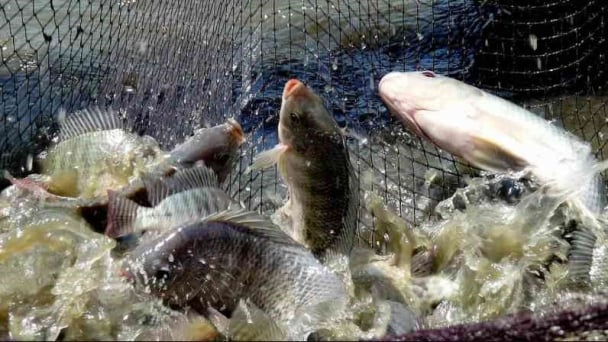
(VAN) Mr. Tran Dinh Luan said that tilapia is entering a favorable phase, opening up opportunities to develop a value chain and increase seafood export value.
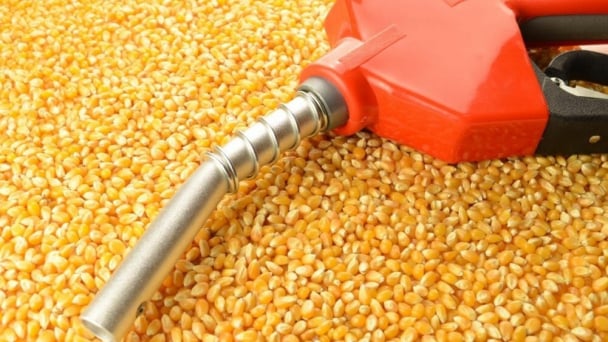
(VAN) More African countries have mandated the implementation of policies backing the blending of ethanol in gasoline as the continent invests in projects promoting new industrial uses for locally produced grains.
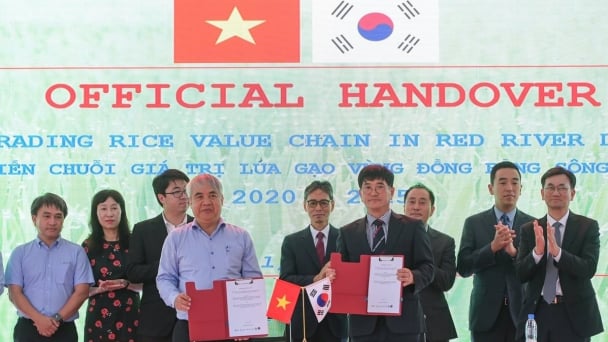
(VAN) On 28 April, Korea officially transferred the Upgrading Rice Value Chain in Red River Delta project to Vietnam, marking five years of successful cooperation in agricultural development between the two countries.
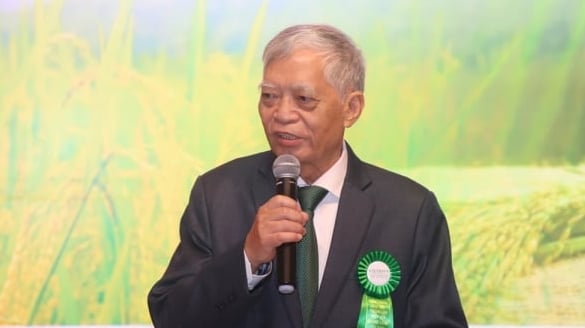
(VAN) Dr. Bui Ba Bong affirmed that the 1 million hectares of high-quality, low-emission rice project aims at increasing farmers' income.
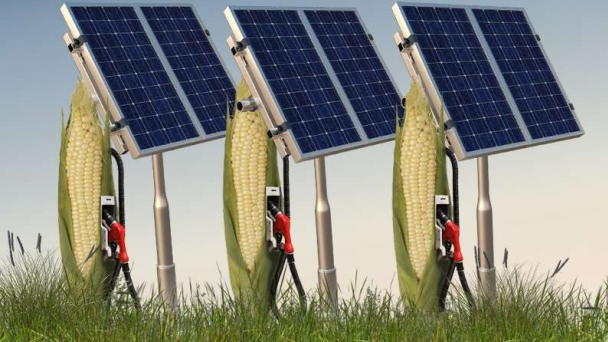
(VAN) In fact, it would require about 31 hectares of corn ethanol to produce the same amount of energy generated by one hectare of land covered in solar panels.
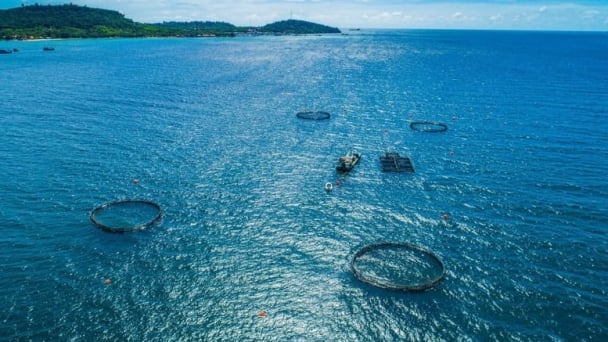
(VAN) Vietnam aims to effectively implement marine biodiversity conservation initiatives and the Fisheries Strategy, thereby improving the livelihoods of coastal communities and fishermen.
/2025/04/24/4049-1-203511_87.jpg)
(VAN) The Ministry of Finance continues to research and propose an effective, feasible plan for organizing, developing, and launching a carbon credit exchange in Vietnam.